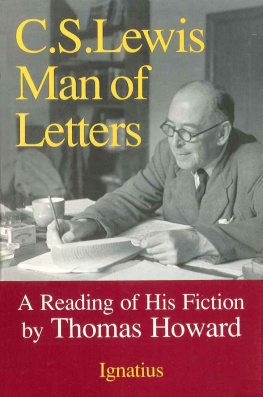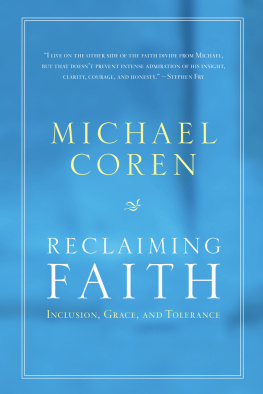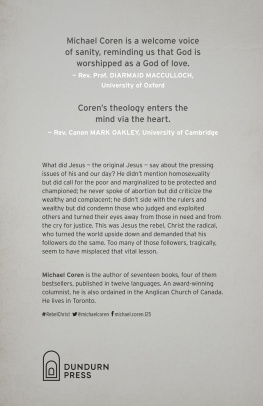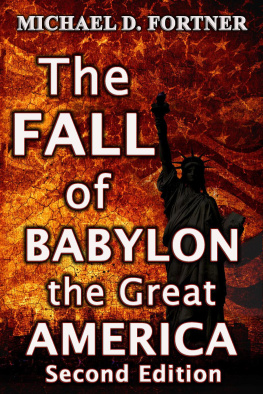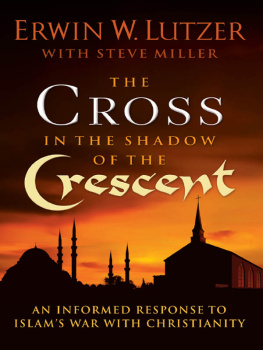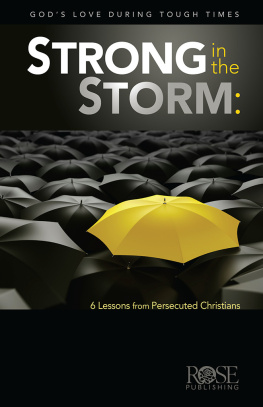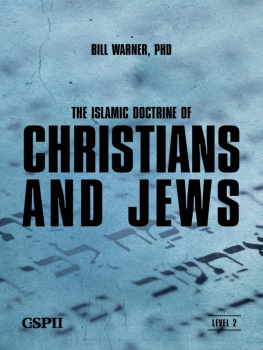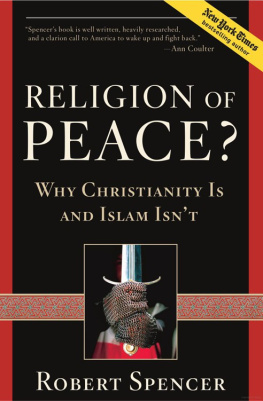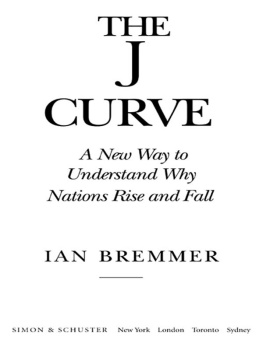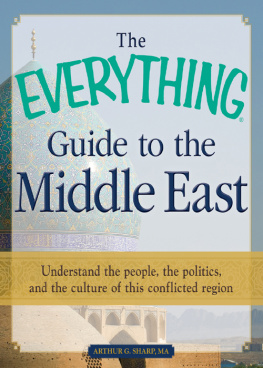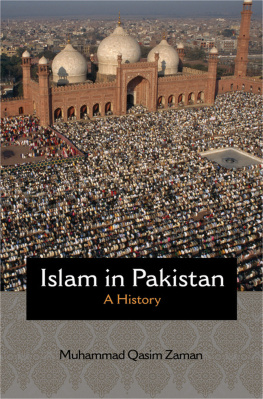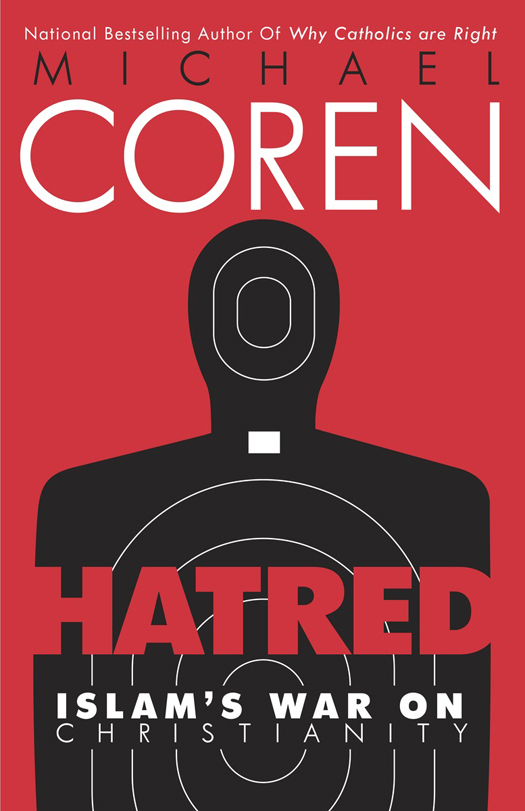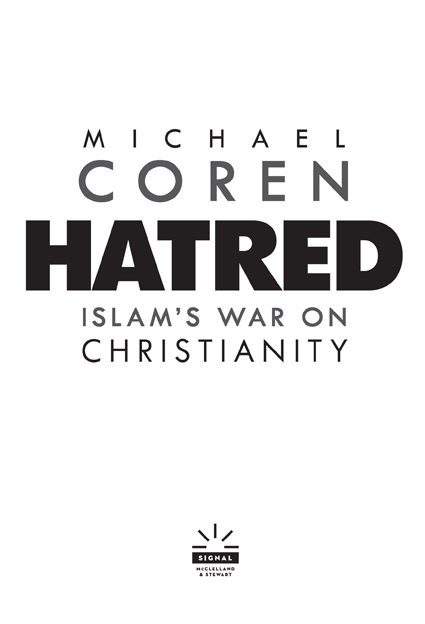ALSO BY MICHAEL COREN
The Future of Catholicism (2013)
Heresy (2012)
Why Catholics Are Right (2011)
As I See It (2009)
J.R.R. Tolkien: The Man Who Created the Lord of the Rings (2001)
Setting It Right (1996)
The Man Who Created Narnia: The Story of C.S. Lewis (1994)
The Life of Sir Arthur Conan Doyle (1993)
The Invisible Man: The Life and Liberties of H.G. Wells (1993)
Aesthete (1993)
Gilbert: The Man Who Was G.K. Chesterton (1990)
The Outsiders (1985)
Theatre Royal: 100 Years of Stratford East (1985)
Copyright 2014 by Michael Coren
Signal is an imprint of McClelland & Stewart, a division of Random House of Canada Limited, a Penguin Random House Company
All rights reserved. The use of any part of this publication reproduced, transmitted in any form or by any means, electronic, mechanical, photocopying, recording, or otherwise, or stored in a retrieval system, without the prior written consent of the publisher or, in case of photocopying or other reprographic copying, a licence from the Canadian Copyright Licensing Agency is an infringement of the copyright law.
Library and Archives Canada Cataloguing in Publication information available on request
ISBN: 978-0-7710-2384-2
eBook ISBN 978-0-7710-2385-9
Published simultaneously in the United States of America by McClelland & Stewart, a division of Random House of Canada Limited P.O. Box 1030, Plattsburgh, New York 12901
Library of Congress Control Number: 2014943617
McClelland & Stewart,
a division of Random House of Canada Limited,
a Penguin Random House Company
www.randomhouse.ca
v3.1
ACKNOWLEDGEMENTS
One of the strange, paradoxical things about writing a book such as this is that its probably a good idea not to thank and acknowledge too many people. I have already had my life threatened over what you are about to read; the first abusive letter came as soon as it was discovered that I was writing the book in the first place, warning me that there would be dire consequences if I proceeded. I chose to opt for truth rather than the alternative. So, briefly: to all of the people all over the world, and they know who they are, who gave me their time and trusted me so deeply, thank you from the bottom of my heart. To my family, to my publishers, to my editors, and to my colleagues I am, as always, immensely grateful. I dedicate this book to those followers of Christ who live a daily life of dignity and faith in the midst of degradation and danger. Religious persecution, any religious persecution, is always repugnant but the experience of so many Christians is made all the worse because so few people seem to know about it, and when they do know seem to prefer not to care. An open, bleeding wound in the international body politic. I hope and pray that in the most authentic sense this book can acknowledge the new persecuted.
INTRODUCTION
IN THE SUMMER OF 2012 I interviewed an evangelical minister and activist on my nightly television current affairs show in Canada. Ive hosted this program, The Arena, on the Sun News Network for almost four years now, having hosted and produced a former show of a similar style on another network for thirteen years. On both of them I have tried to discuss, among numerous and various other issues, the international persecution of Christians, especially within Islam; I do this because, tragically and regrettably, there is never a shortage of newsworthy and timely opportunities to do so and also because so few other broadcasters and journalists are prepared to devote sufficient time to this acutely pertinent and important subject. They seem to prefer the banal to the biting, the easy to the essential. On this occasion my guest, who had vast experience of the horrors faced by followers of Christ in Muslim majority states in particular, asked me if he could put a Bible on the desk in front of him during the interview. Always reluctant to resemble a Christian television show I am not criticizing what they do, but it is simply not my mandate and does tend to exclude many potential audience members I politely told him that Id rather he didnt. Gracious and understanding, he said he fully appreciated my response. But, he continued, this particular Bible might be of interest to the viewers and to me as he had been given it by an Iraqi Christian who was a parishioner at Our Lady of Salvation Syriac Catholic cathedral in Baghdad and had been present at the church during the evening mass on October 31, 2010. I knew immediately to what he was referring. That was the date when a Sunni Muslim terrorist group known as the Islamic State of Iraq launched a concerted attack on the church, murdering at least fifty-eight people and wounding more than seventy-five.
The large heavy book being held in front of me was, I realized, almost beyond reading. Its pages were thick, curled, and glued together in purple lumps, soaked in and sticky with the blood of the men, women, and children who had been slaughtered that warm evening in a place of peace, in a city where Christians had lived and flourished before Islam even existed. This was not a holy book to be preached from, but a holy book of martyrdom that preached. Its hardly legible pages spoke entire volumes, its red-turned-to-brown stains cried out to a still largely indifferent or even hostile world. I felt guilty that day, ashamed, judgmental, and rather small. The Bible stayed on the desk, the interview took place, and I have seldom in four thousand episodes of television been as moved as I was by that encounter. At the end of the interview, the minister showed me some of the shell casings and shrapnel that he had picked up from the floor of the church, the grotesque detritus of the pogrom that took place that night. I asked him if I could keep some of them, and he agreed. I have them still, and they are in front of me right now as I write these words. Every few paragraphs I stop, pick them up, and roll them in my hands as if they were a relic or rosary beads: a tactile reminder, a startling flashback to a scene whose agony I can only imagine. It is one of the reasons, but only one, that I feel duty bound to write this book.
The Baghdad attack, however, was merely one example of the Islamic war on Christianity that has been under way for so very long. An exhaustive list of the individual and collective acts of terror, violence, abuse, and militant discrimination is almost impossible, but I will in this book detail many of the most repugnant of them, and other acts and actions that reveal the routine, grinding nature of daily life for Christians in the Islamic heartlands. Some of the lists I present in the following chapters may be difficult to read, so repetitive in their horror that they become numbing. But they have to be written, because without doing so I cannot present the authentic reality of Christian life in the Muslim world, and also because so few people have any idea of just how bloody that reality has become.
But before we proceed, we also need to establish two foundational aspects of this subject. First, it is surely obvious and self-evident that not all Muslims behave in such an intolerant and violent way and that hundreds of millions of them are appalled by what is going on. More than this, moderate, progressive, and secular Muslims are often victims of Islamic radicalism just as are Christians. Its also true that Islam itself has not always been as anti-Christian and triumphalist as it is at this point in its history, but then again it would be facile and misleading to assume that the religion itself embraces theological equality and egalitarian social co-existence. It might be comforting to assume that intolerance is an aberration within Islam but, as we will see later, discrimination against Christians or any other non-Muslims is in fact integral to orthodox Muslim teaching, and the more profound issue to the serious-minded is not the existence of sectarianism but its extent.


